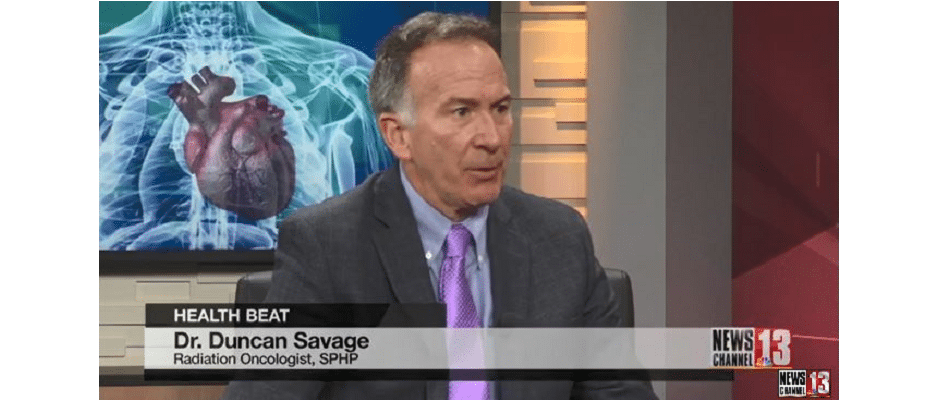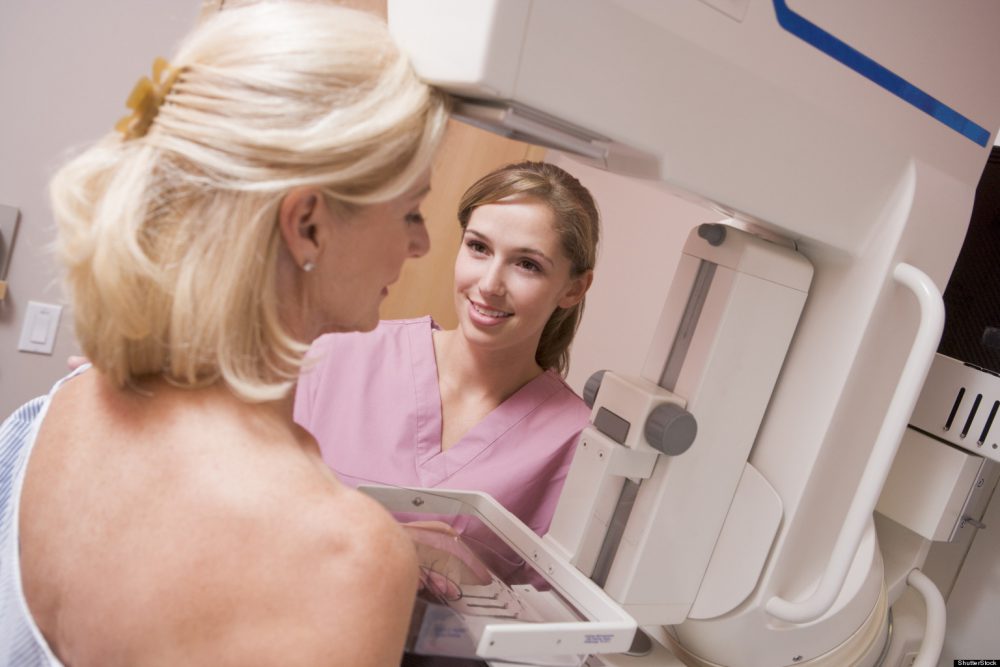
[This piece was written by Duncan Savage, MD, a radiation oncologist with St. Peter’s Hospital Cancer Care Center.]
June is LGBT Pride Month, a good time to not only recognize the LGBTQ community but also, as health care providers, to raise awareness of some of the unique health issues faced by that community.
Access to health care services is a significant issue, which means individuals are much less likely to receive preventative care and screening:
- The Human Rights Campaign reports that more than half of individuals identifying as LGBTQ have experienced discrimination when trying to obtain medical care. The number rises to 70% among transgender and gender non-conforming individuals, and the rates are even higher among people of color, people living with HIV, and/or people who live in poverty.
- A study conducted by the Harvard School of Health noted that 18% of LGBTQ individuals reported delaying seeking further medical care because of fear of bias and previous experiences of discrimination.
- Data from the NYS Health Foundation indicates among the LGBT community that nearly 25% have no health insurance, versus 4.7% of the state’s general population.
While barriers to care exist across the spectrum for this vulnerable population, they are particularly acute when it comes to dealing with cancer issues. A number of studies have found that LGBT people have a number of risk factors that place them at higher risk for a cancer diagnosis:
- There is extensive evidence that tobacco use and obesity are directly related to increased rates of cancer. In certain segments of the LGBTQ community, the rates of tobacco use and obesity are significantly higher than the general population.
- According to the Centers for Disease Control and Prevention (CDC), the human papillomavirus (HPV) is associated with growing oral and anal cancer rates, as well as cervical and vaginal cancers. Studies have revealed a higher lifetime number of sexual partners carries an increased risk of being infected with HPV.
- Patients with HIV are at higher risk for developing cancer, even on anti-HIV medications, as their immune systems are less able to control viral growth.
Regular, Recommended Screenings
For the LGBTQ population, regular cancer screenings are critical. Current recommendations include:
- Breast – Annual mammograms starting at age 40.
- Cervical – Annual exams between ages 21 and 65.
- Colorectal – Starting at age 50.
- Lung – Starting between ages 55 – 75 for smokers.
- Anal – Every one to two years for men who have sex with men (if HIV positive); every two to three years (if HIV negative).
At St. Peter’s Hospital Cancer Care Center, we take pride in offering a treatment approach that is patient-centered and supported by a multidisciplinary team for treatment planning. St. Peter’s Hospital was named one of America’s Best Hospitals for Cancer Care by the Women’s Choice Award in 2017 and 2018. If you have questions, please call St. Peter’s Hospital Cancer Line at 518-525-1547.





